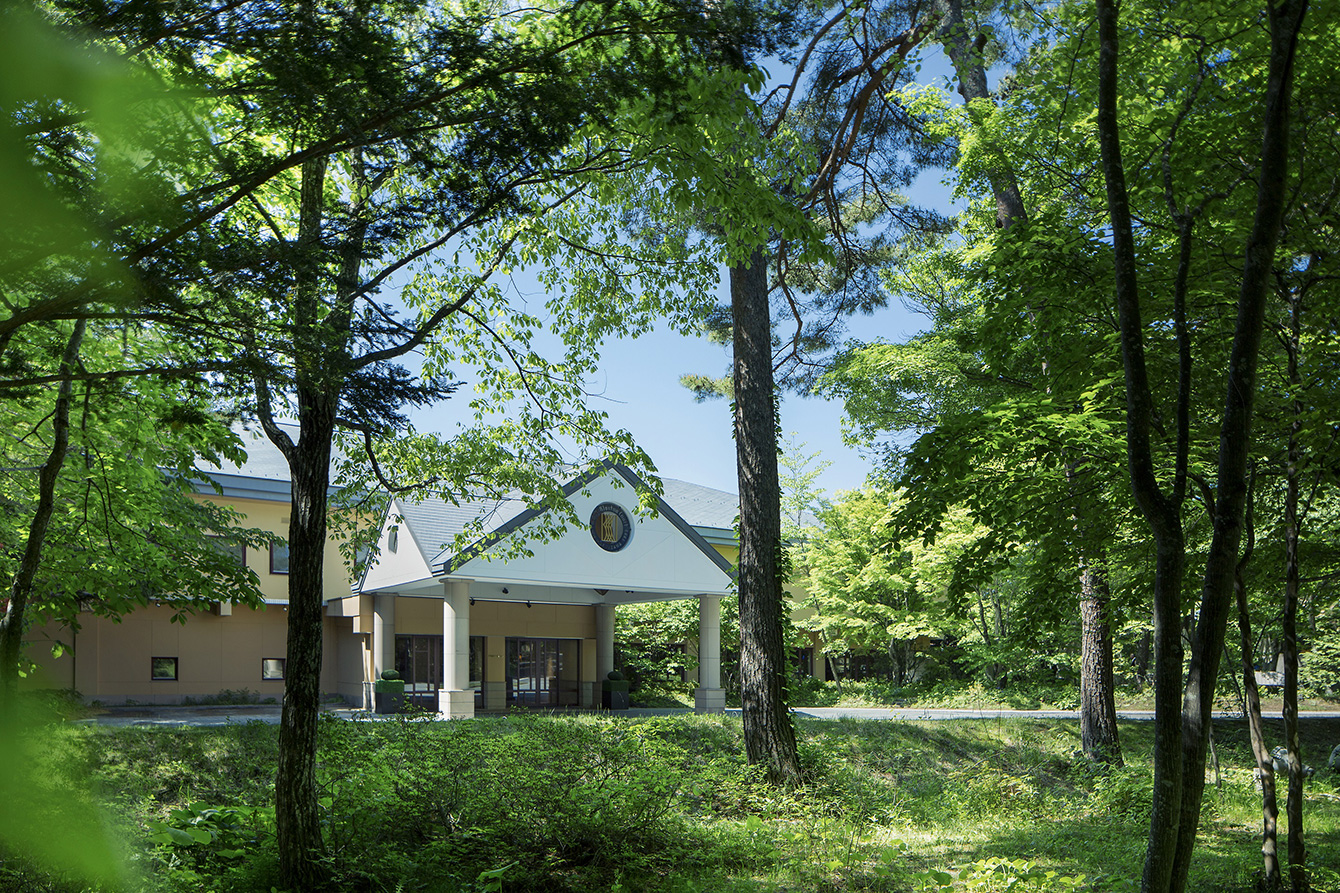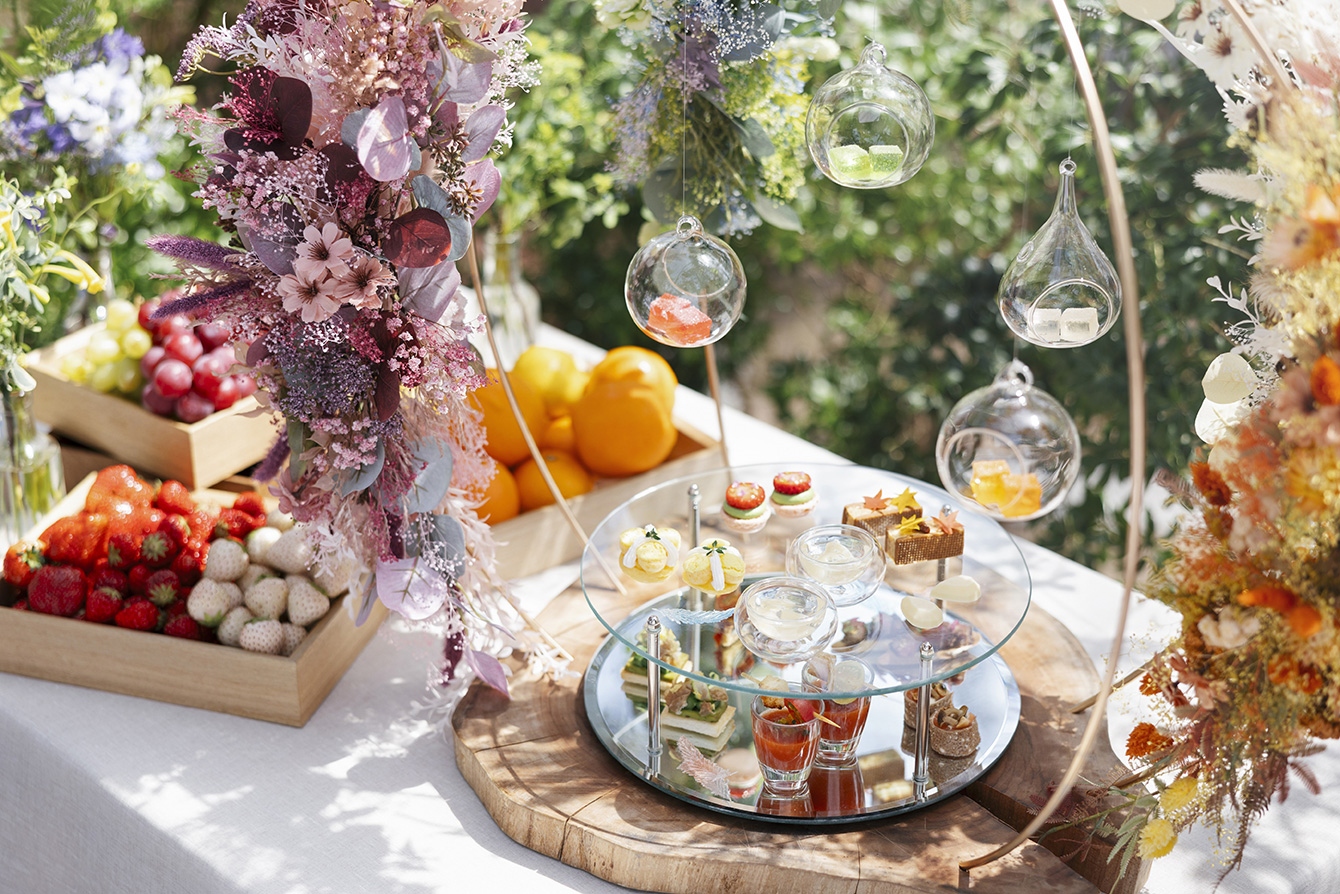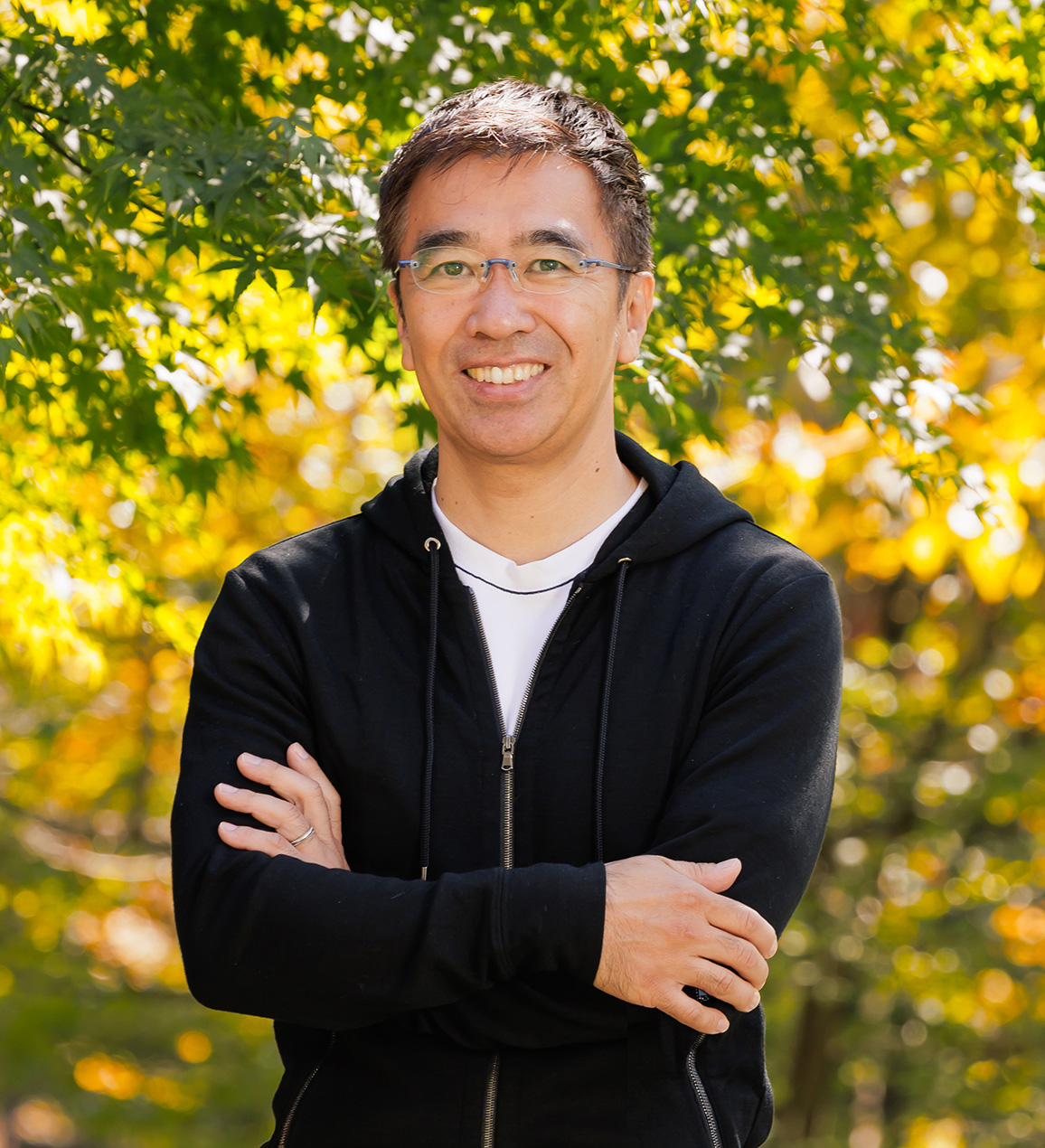Column

Mariko Koike作家
The surprising relationship with Karuizawa Hotel Breston Court
In May 1990, my husband and I moved from Tokyo to Karuizawa, and while exploring the area out of curiosity, we first set foot in the Hoshino area. I fondly recall the rustic atmosphere when there was only the Hoshino Onsen Ryokan.
Before long, we made an unexpected connection.
When we first moved, our house was at the top of a mountain, up a winding slope. When it snowed, even the snowplows couldn't get up the mountain, and we were forced to stay indoors for the winter. Just as we were starting to worry that we couldn't survive like this, we found a small, affordable plot of land at the foot of the mountain. We took the plunge and bought it. We decided to build a small house there for the winter, and our architect friend who was in charge of the design said, "The newly opened Hotel Breston Court is amazing. It has triple-pane windows and is extremely well insulated, so you should definitely come and see it."
I went to check it out right away, and found that there was no draft in the building, the heating worked well, and it was very comfortable. The windows were made in Scandinavia, and they were truly amazing. I immediately decided to use the same ones for my winter home. It is thanks to Hotel Breston Court that I can now live comfortably all year round in Karuizawa.

Was that long novel polished in the Karuizawa Hoshino area?
I have so many memories of the Hoshino area. I used to casually visit the "Sonmin Shokudo" restaurant. I often ate there with my husband and other editors. There was a large hall on the second floor, and we sometimes held banquets for editors and fellow writers.
If I had to pick a particularly memorable place from the past few years, it would be Yokobuki Villa at Hotel Breston Court. It was right after I finished writing my full-length novel, God Have Mercy, which I had been working on for almost 10 years. I used the place for a meeting with my editor. It was a long novel of over 1000 pages, so the editor brought along a thick stack of copies of the manuscript. In any case, it was a work I was very attached to, and it was an important meeting, so I was grateful to be provided with a quiet and relaxing place.
The following year, when the book was published by Shinchosha, I was interviewed by many people. As always, I used the Hoshino area and took photos around the premises. Afterwards, I had a small celebratory meal with my editor at the main dining room of Hoshinoya Karuizawa, Japanese Cuisine Kasuke. It was a special work, so it's an unforgettable memory.
A few years before that, my husband (the late writer Yoshihisa Fujita) won the Yoshikawa Eiji Literary Award, and a literary magazine planned a discussion between the couple. It happened to be around the same time as a number of weddings, so it was packed and there was no space available at Hotel Breston Court, which we were worried about, but they were able to provide us with a space in Hoshinoya Karuizawa, which was a great relief for all of us. I am also a recipient of the Yoshikawa Eiji Literary Award. I will never forget that day when we were able to have this wonderful discussion together as a couple.
I want the Karuizawa Hoshino area to continue facing its true essence
Karuizawa has a unique stylized beauty that has been cultivated through history and tradition, and it has had a major influence on my style of writing. I even feel that it was my destiny to live and write here.
To tell the truth, I am hoping to start working on a new piece set in Karuizawa sometime soon, and the other day a friend gave me a book called "Yamaboshi" written by Hoshino Yoshisuke, the second generation owner of Hoshino Onsen.
Karuizawa is not just a high-end resort area, but also a place that has played a part in history, having been home to many foreigners and used as an evacuation site during the war. The depth of this history is immeasurable. In this land, Hoshino Resorts has continued to be a symbol of Karuizawa for 110 long years. Once again, I feel the weight and richness of its role.
Digital technology is developing at a ferocious pace, and it seems like the way humans exist has changed. But the essence of human beings remains the same. It cannot be changed. As an artist, I always want to avoid turning away from what is essential, and I hope Hoshino Resorts will continue to pursue the "real thing" and "essential thing." I hope they will continue to hold on to the secret enthusiasm that Hoshino Kasuke had. By doing so, I feel that we can regain the things that we are in danger of forgetting. I have high expectations.


Mariko Koike作家
Born in Tokyo in 1952. After graduating from the Faculty of Literature at Seikei University, he won the Naoki Prize in 95 for "Love." He has since received many other literary awards. Some of his most well-known full-length works include "Unaccompanied," "Desire," "Silent Man," "The Day Monroe Died," and "God Have Mercy." He has also published many collections of short stories, including "Sonatine," "The Strange Things," and "After Sunset." His most recent essay, "The Owl in the Forest of Moonlit Night," has been much talked about.

The Hoshino area is a place where you can experience the world of "In Praise of Shadows"

The Hoshino area has the potential to become a hub for environmental education.

Enchanted by Karuizawa, where you can vividly experience the changing seasons

It has always been and will continue to be a place where everyone can gather and talk.

Aiming to create a future where people and bears can live together

I hope that you will continue to improve your "curation skills" in the future.

A turning point in my career as an artist occurred with the Karuizawa Hoshino area




